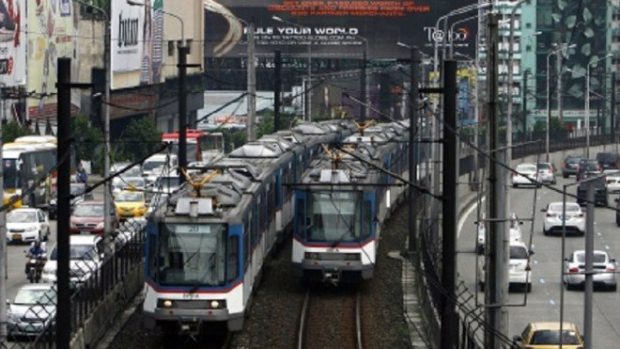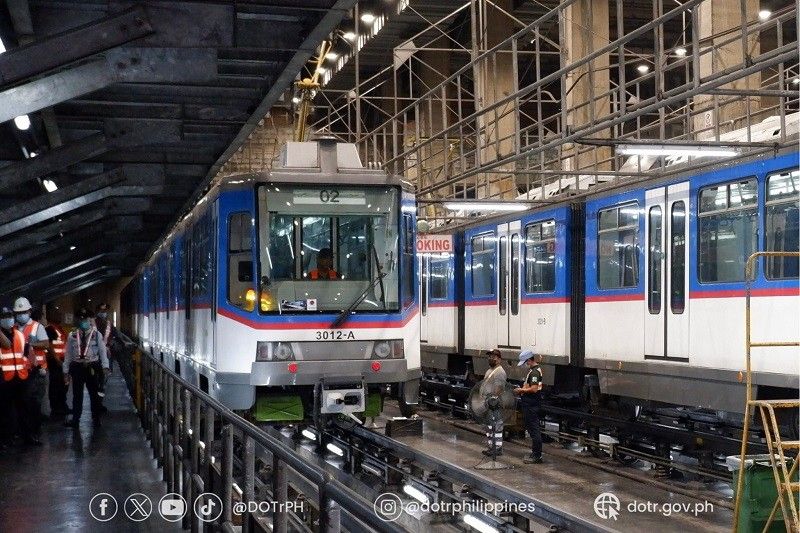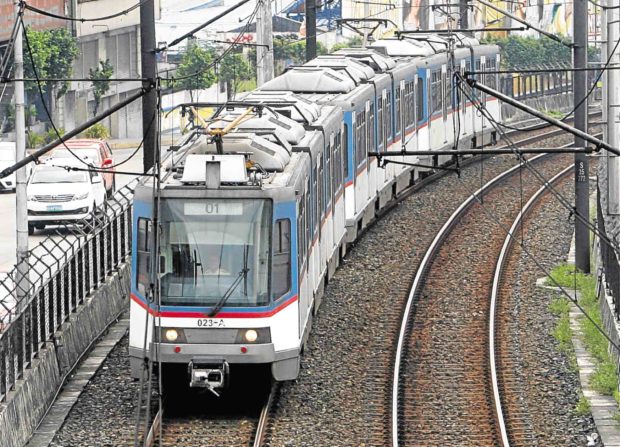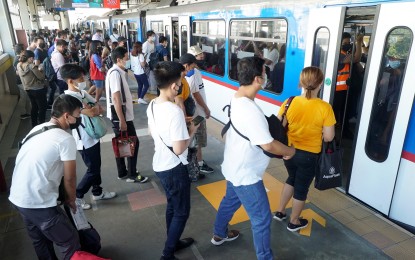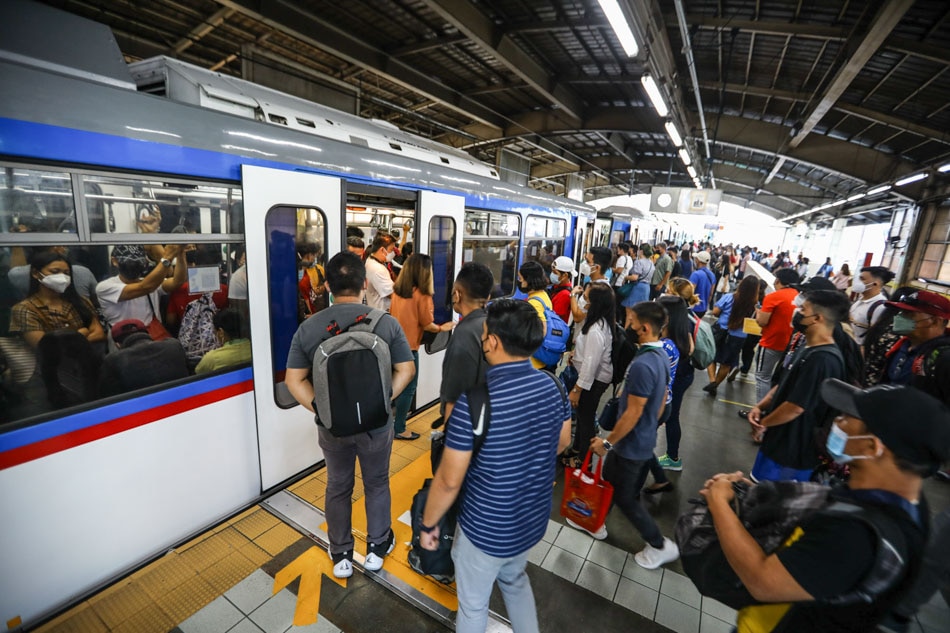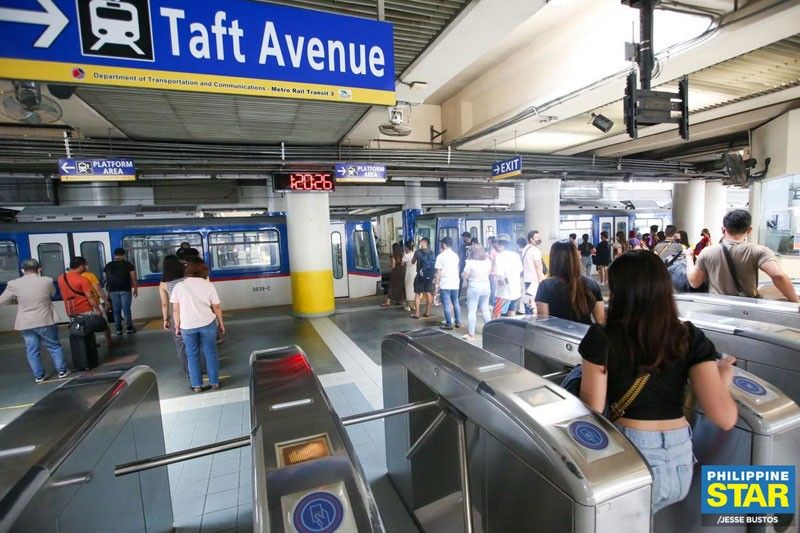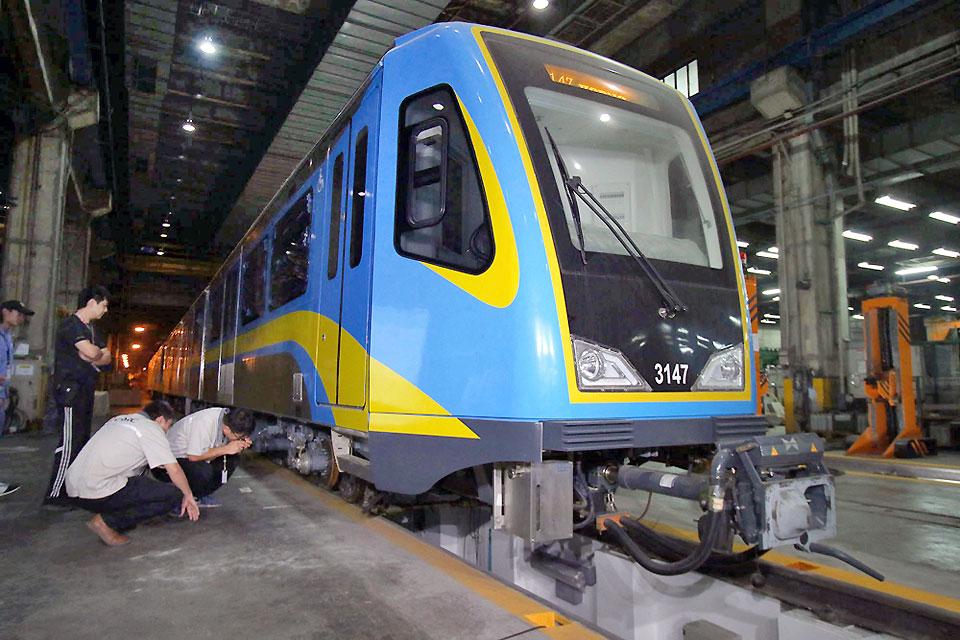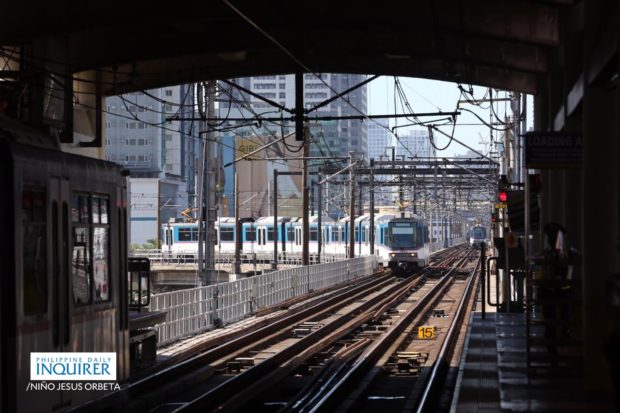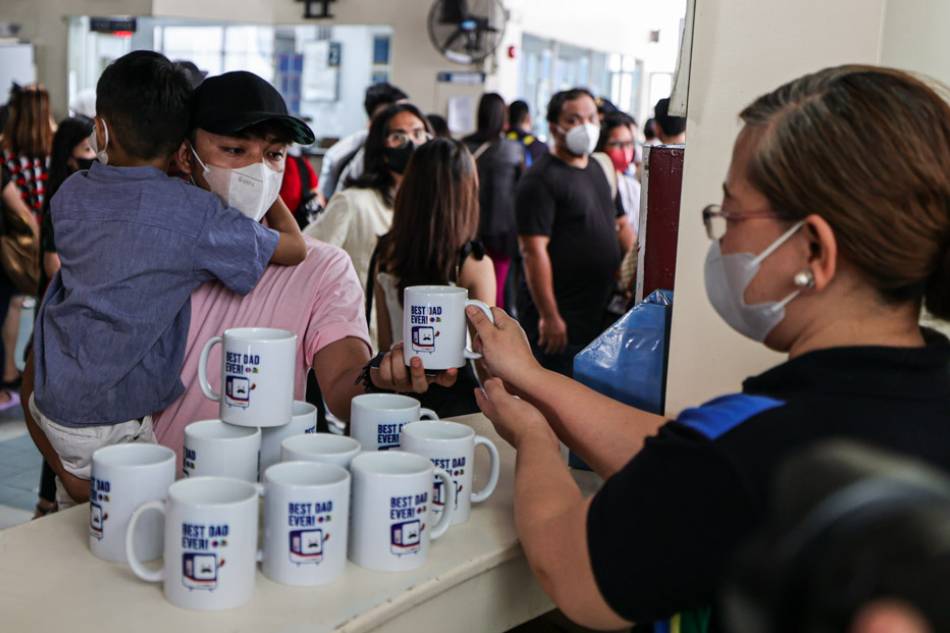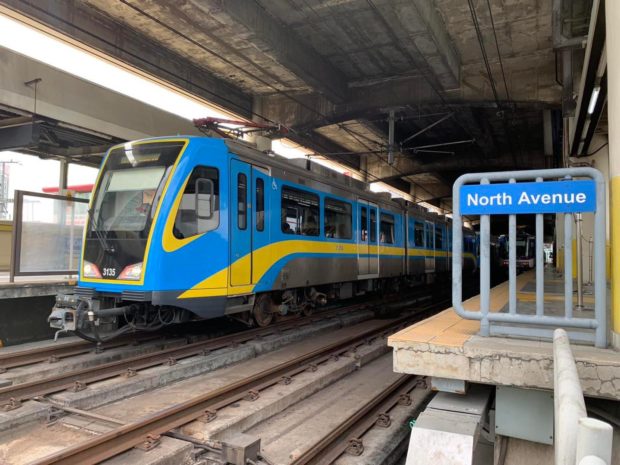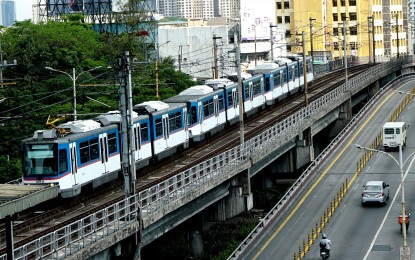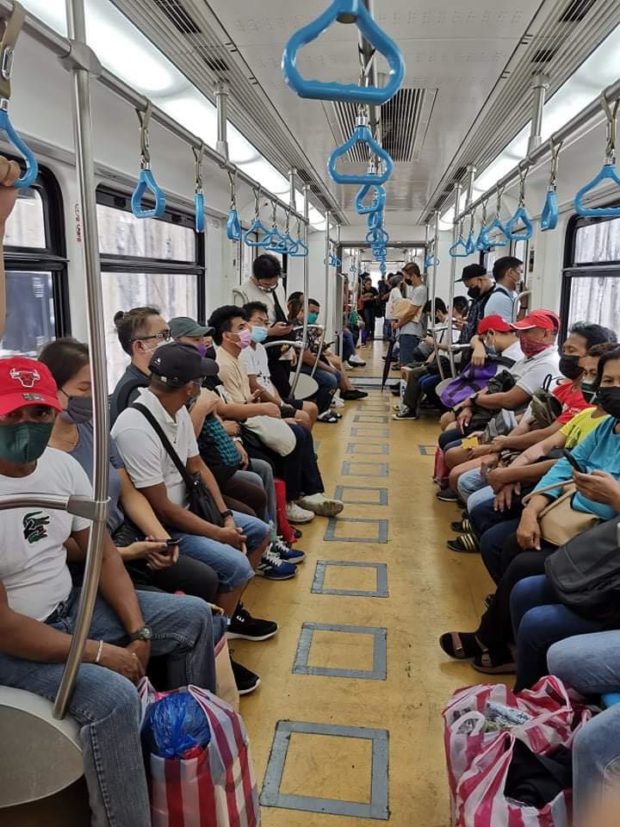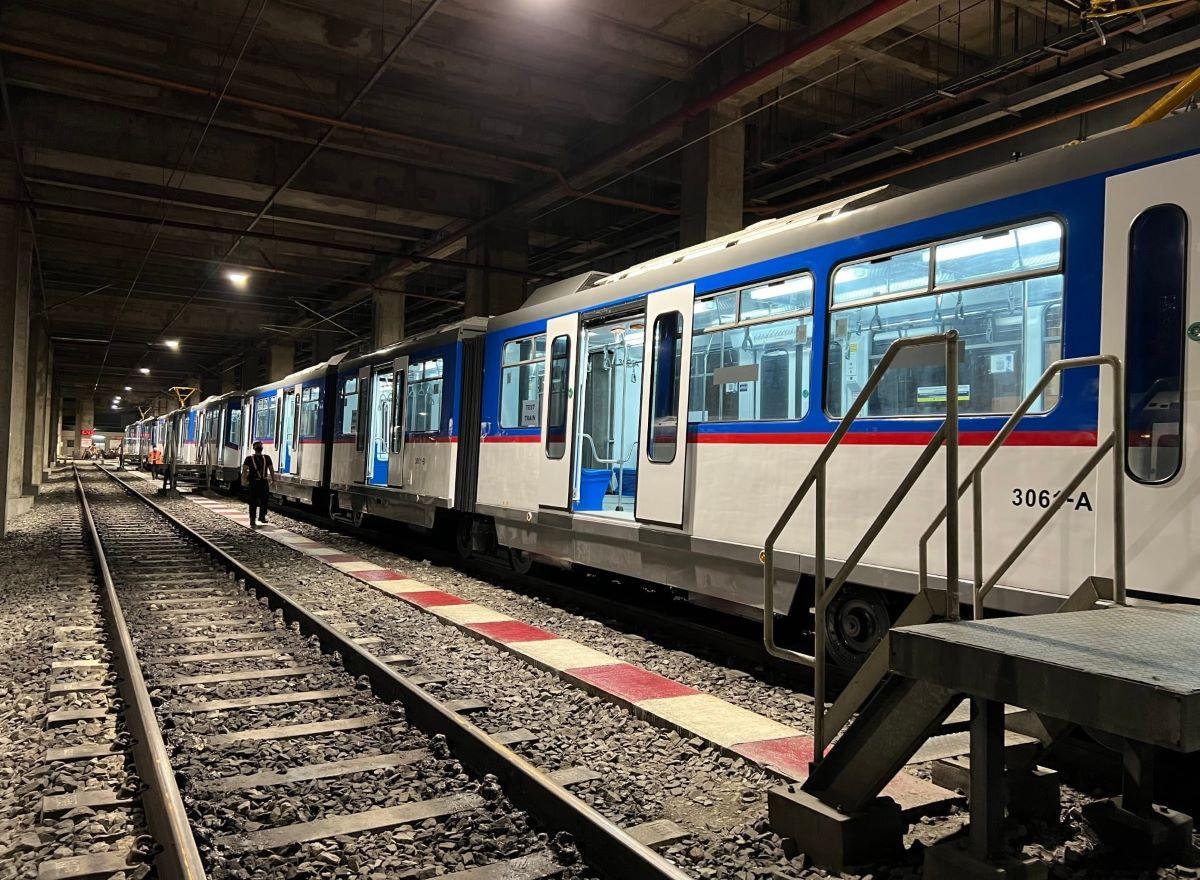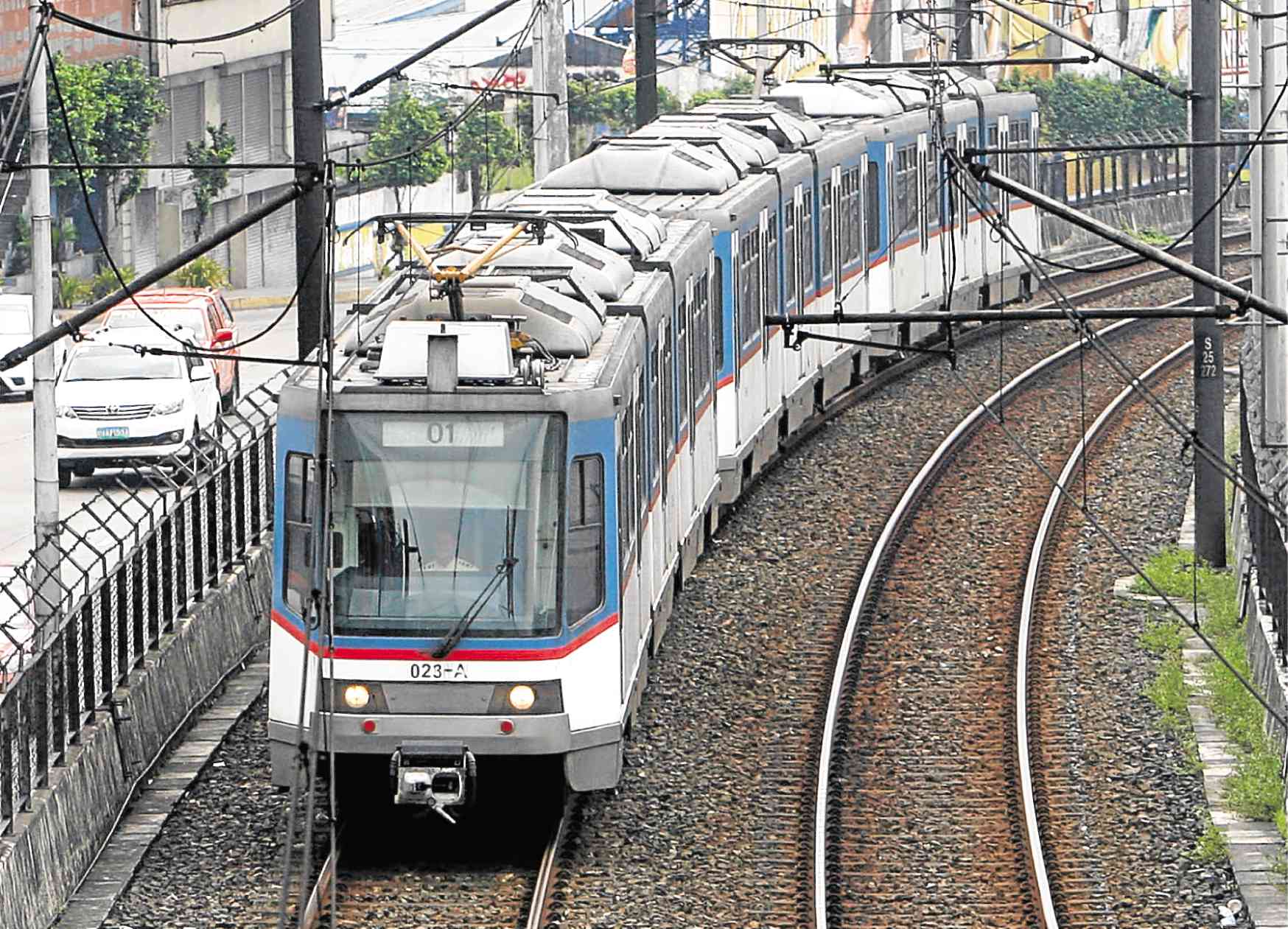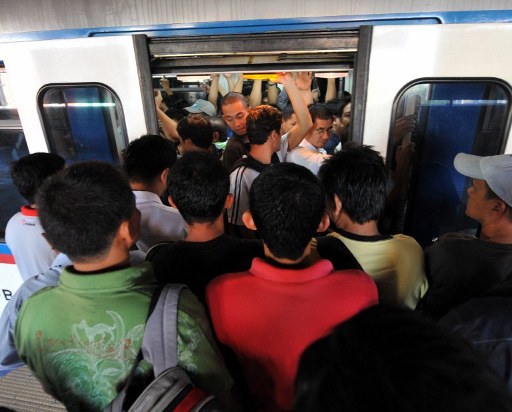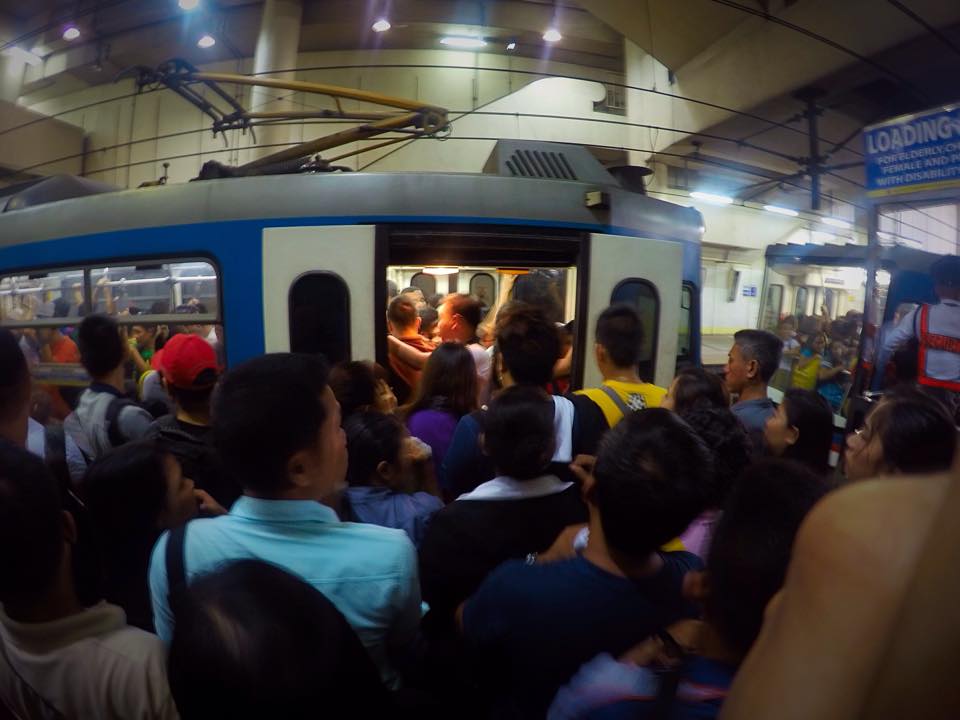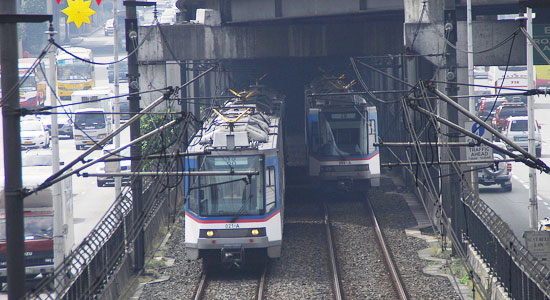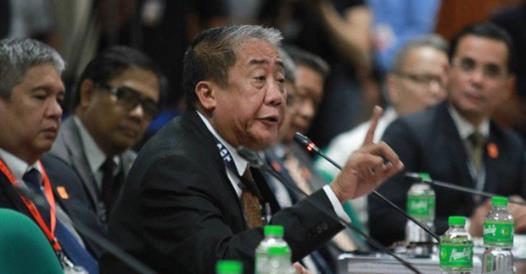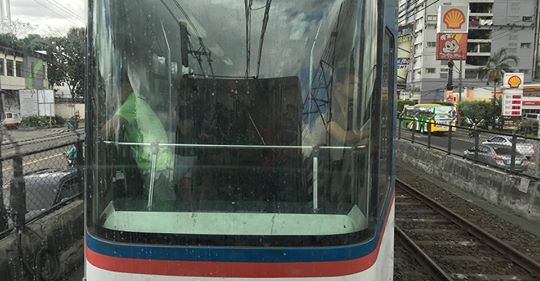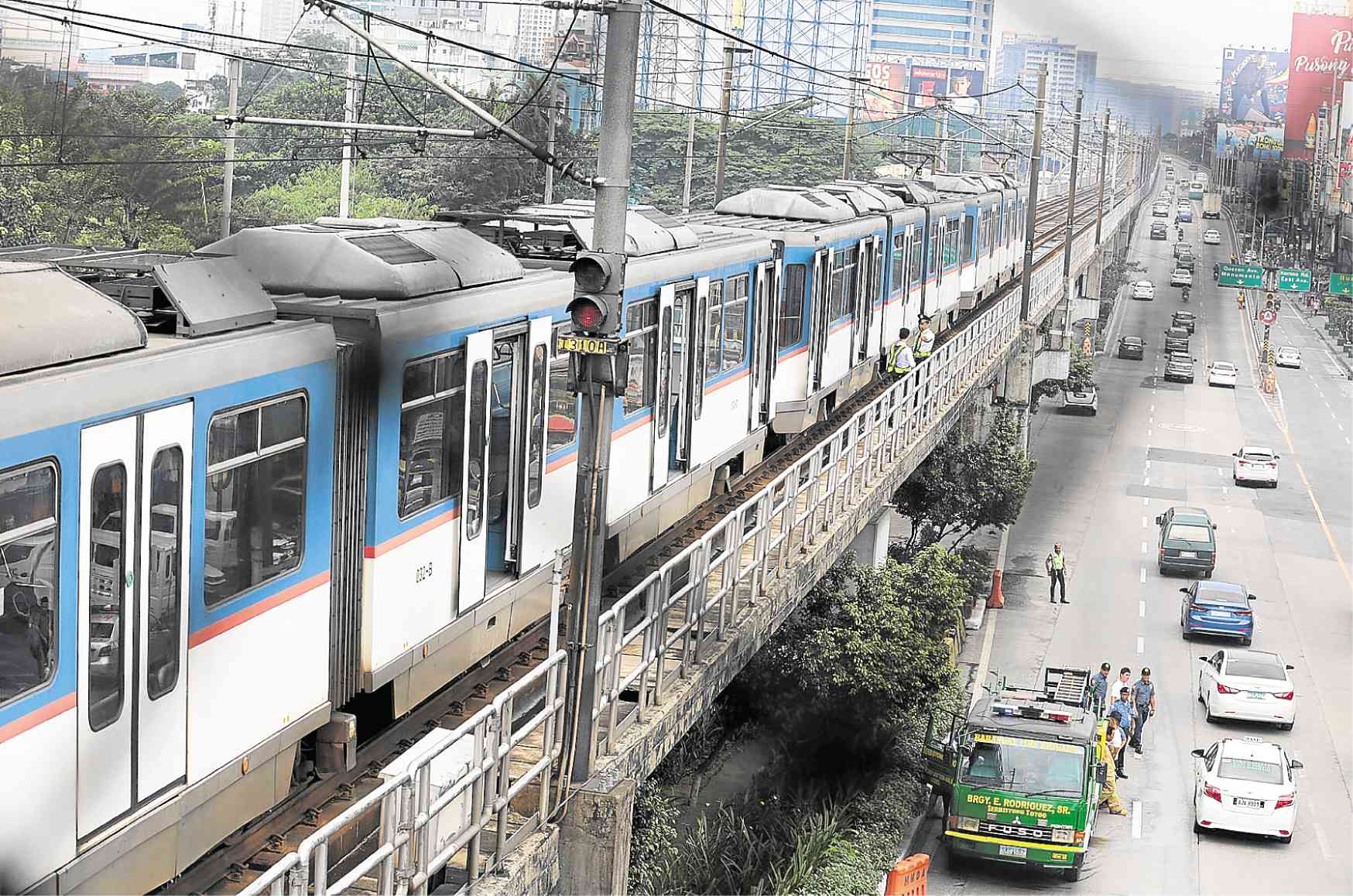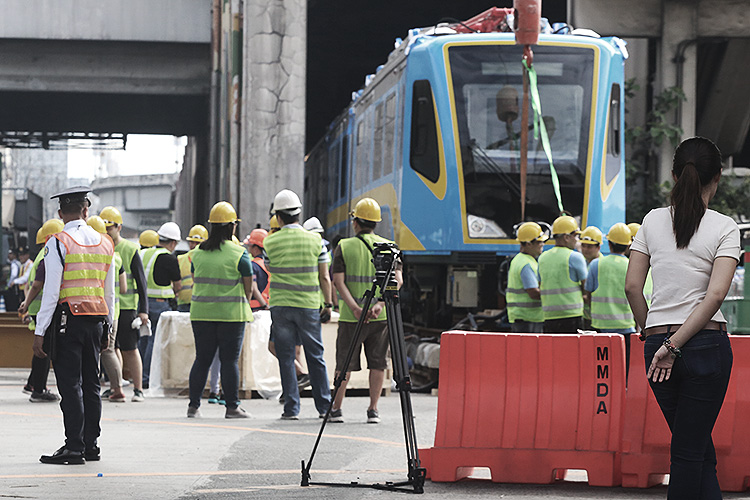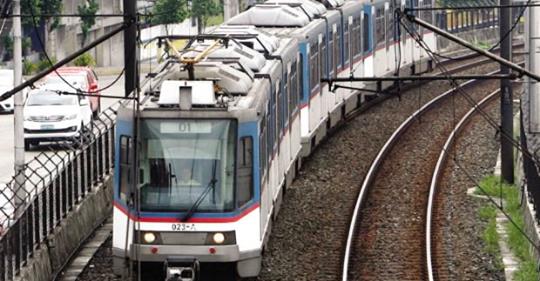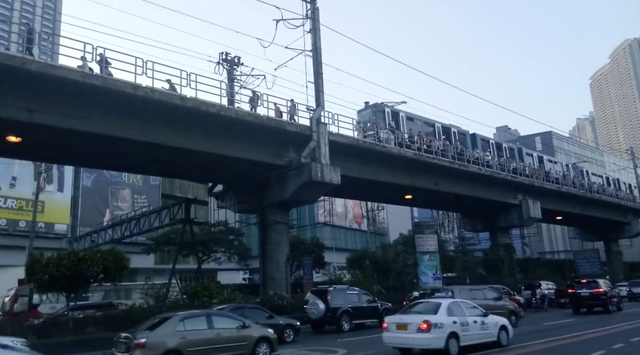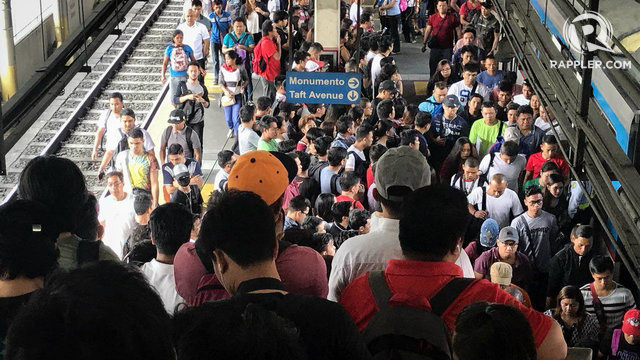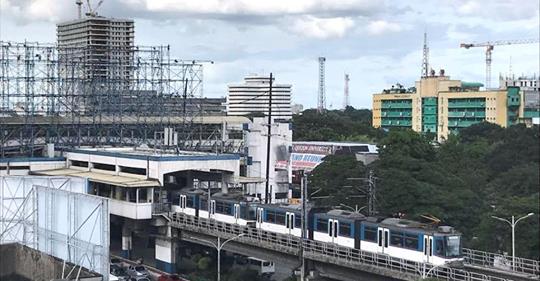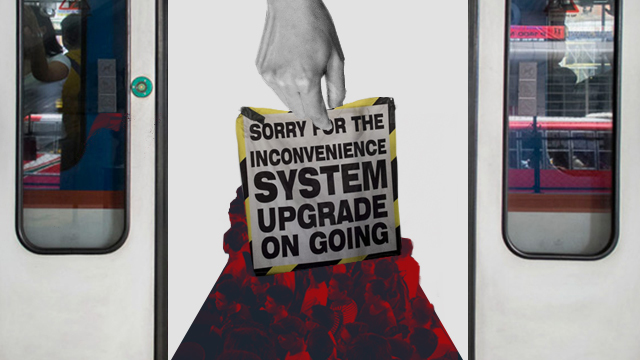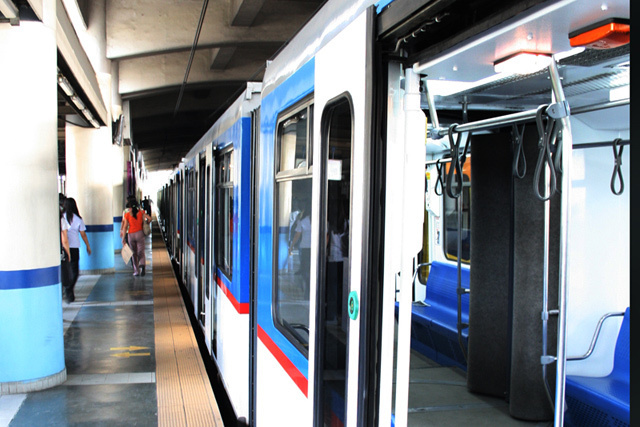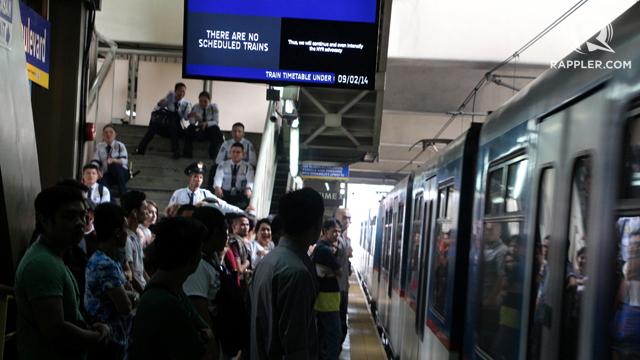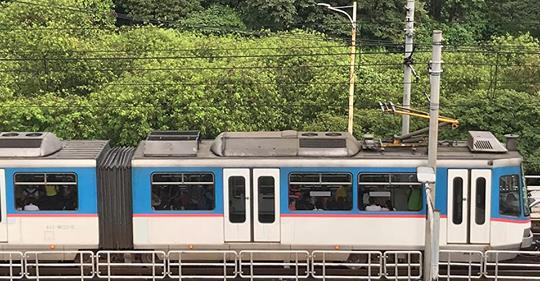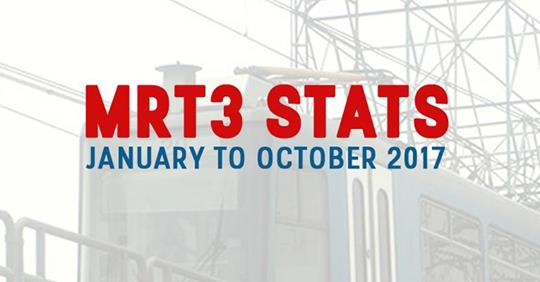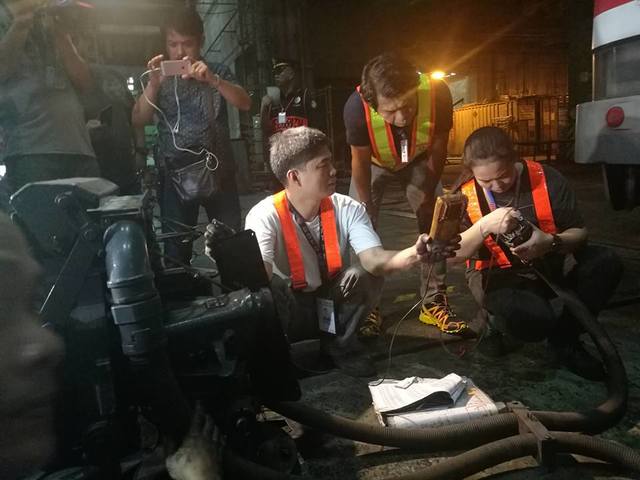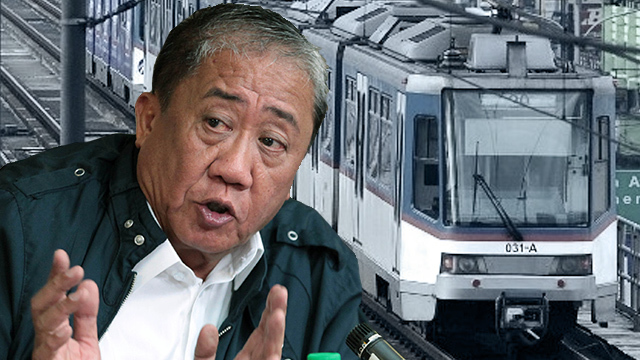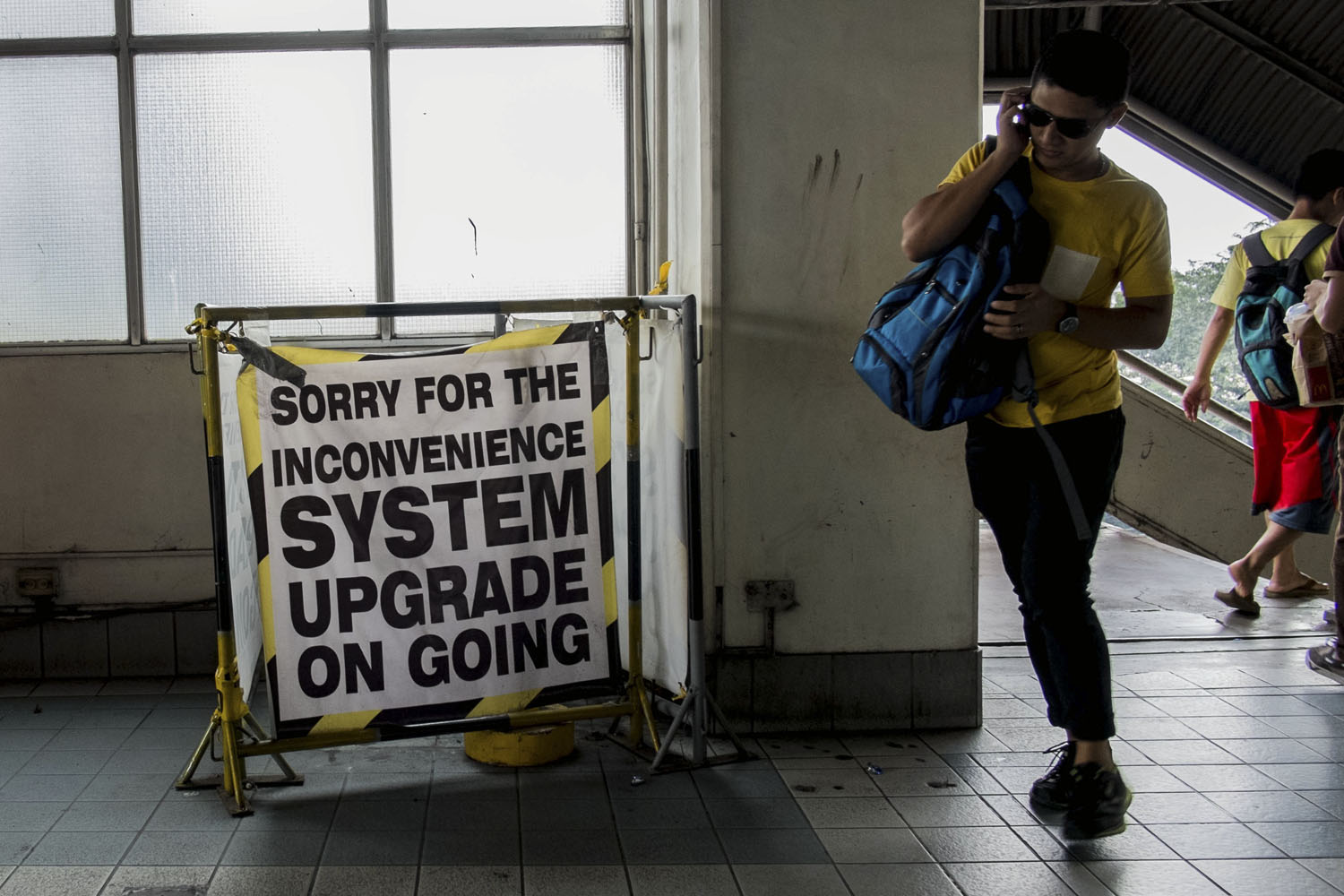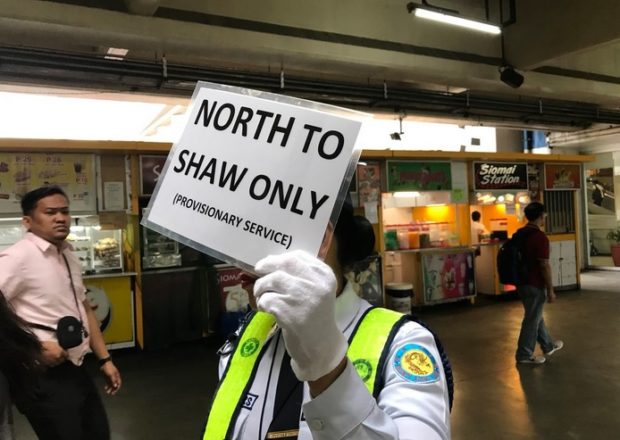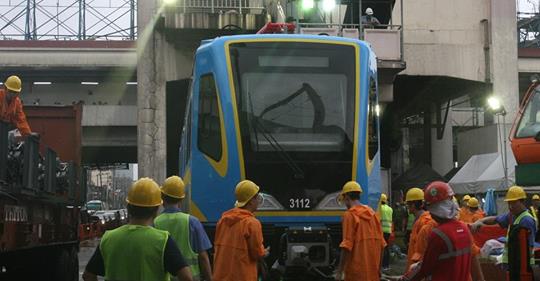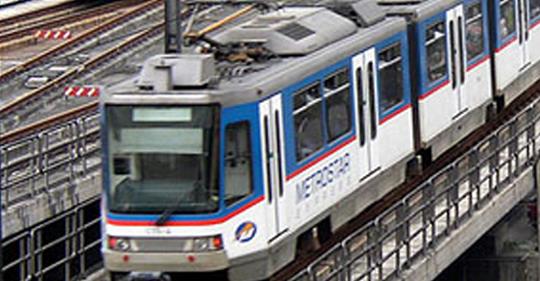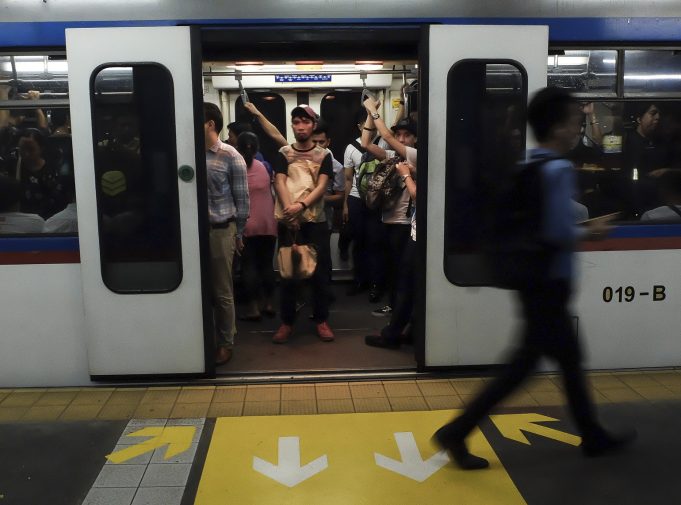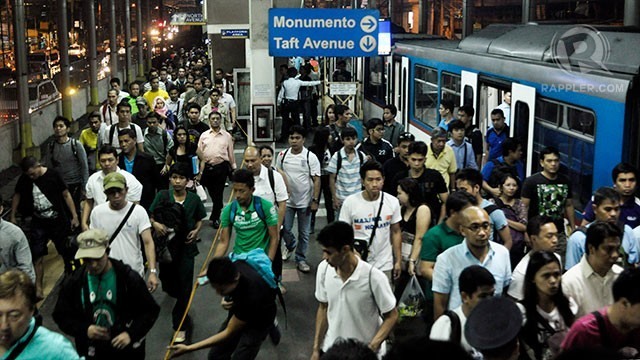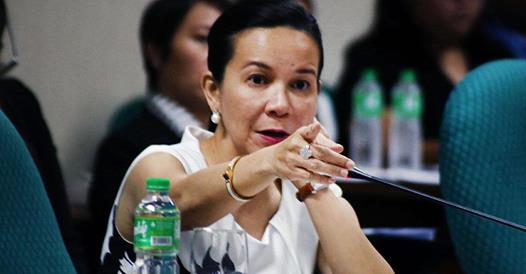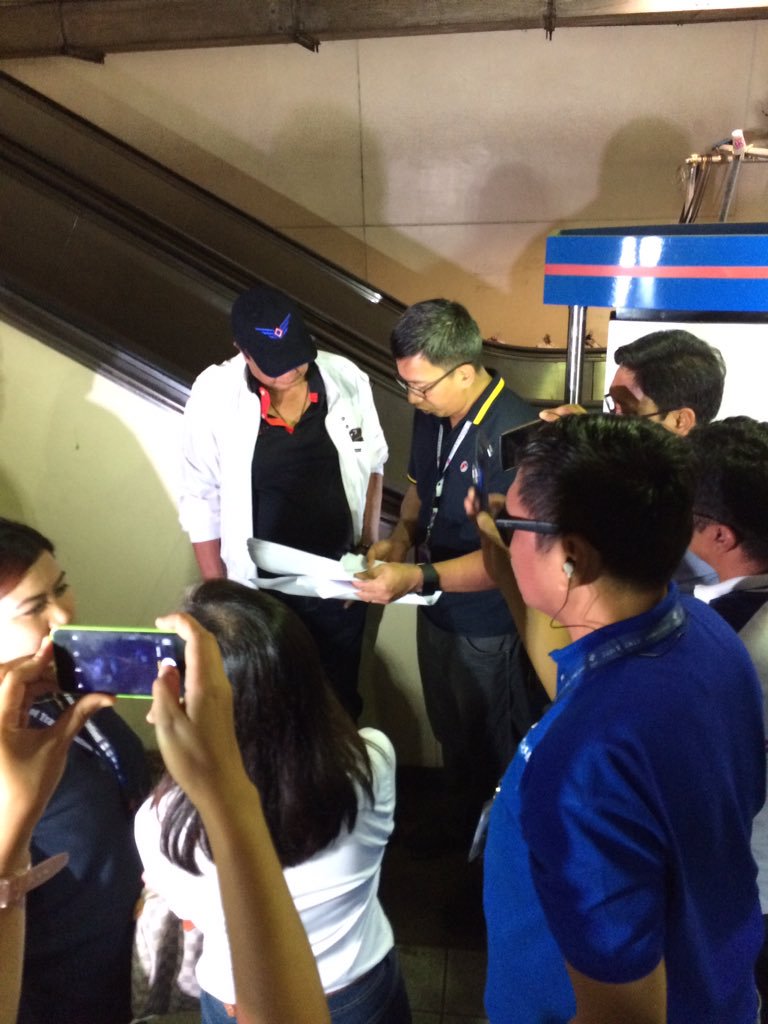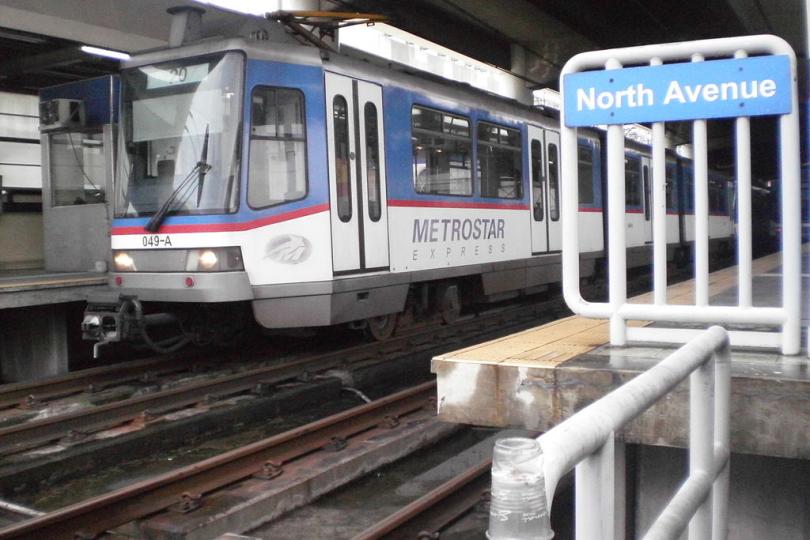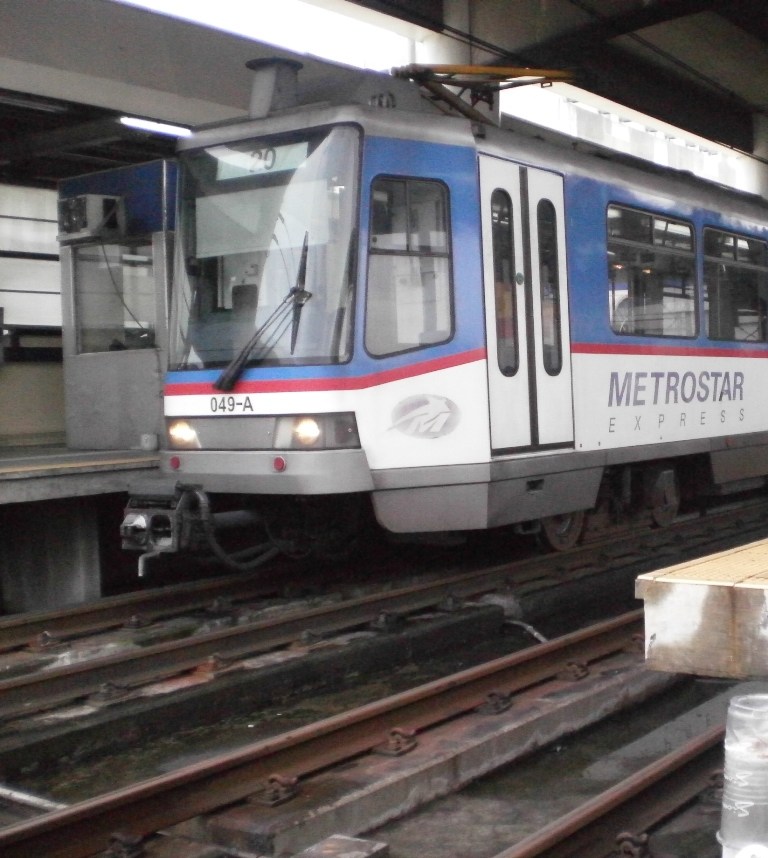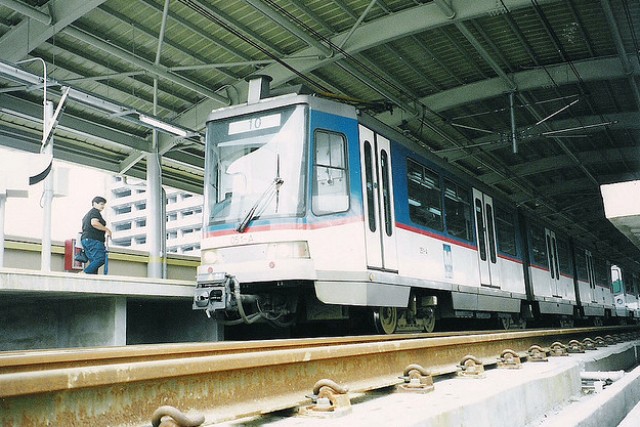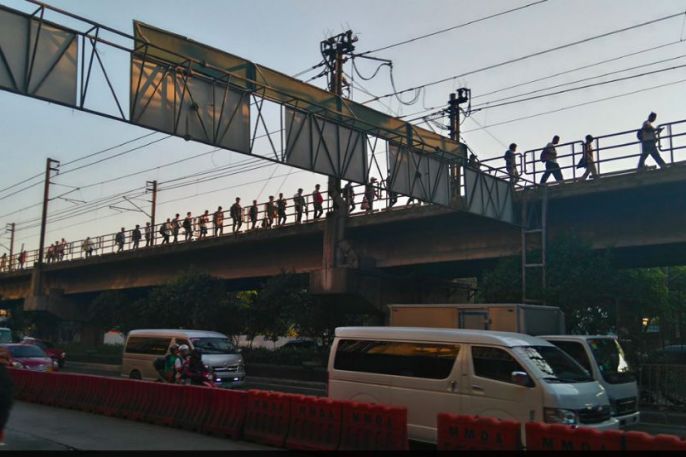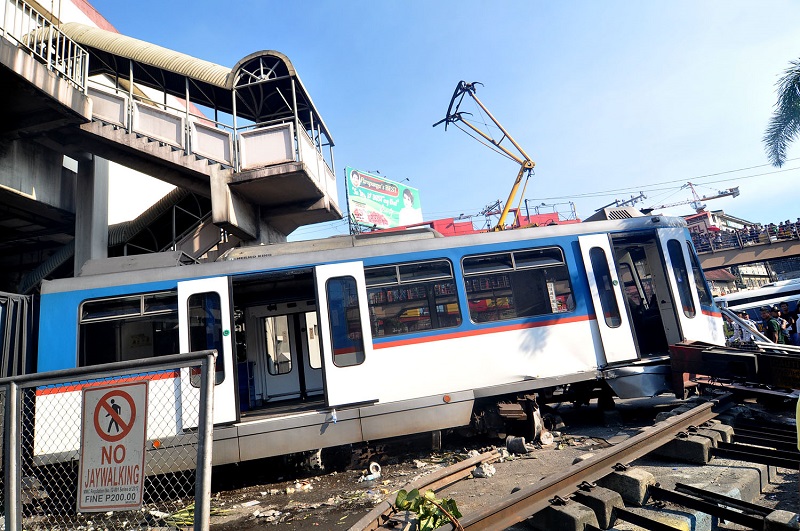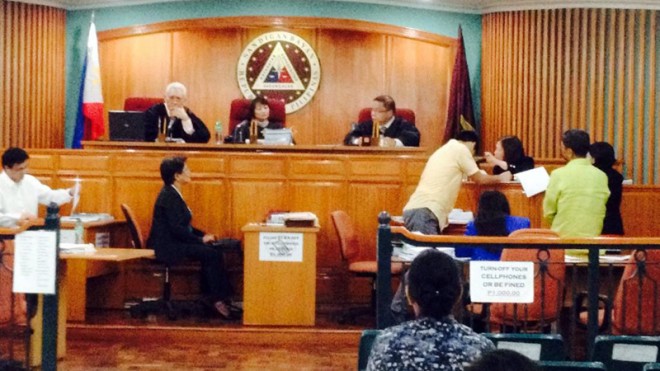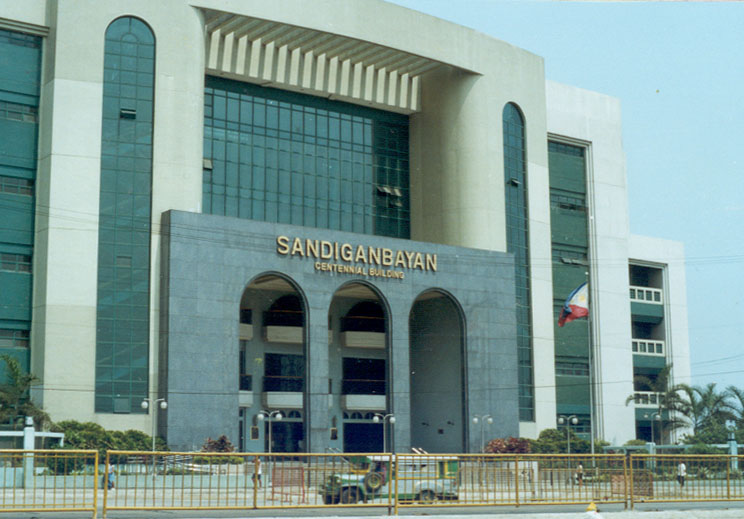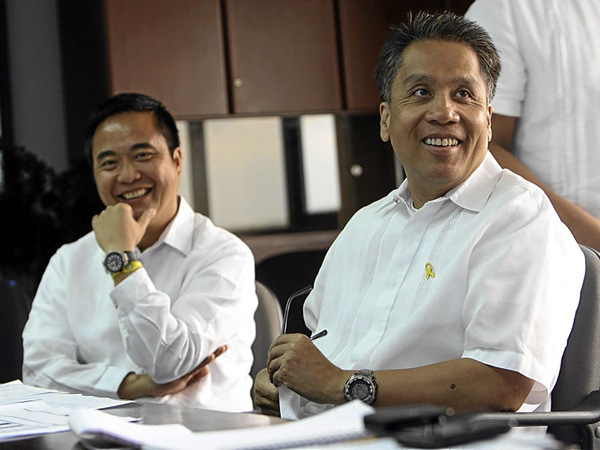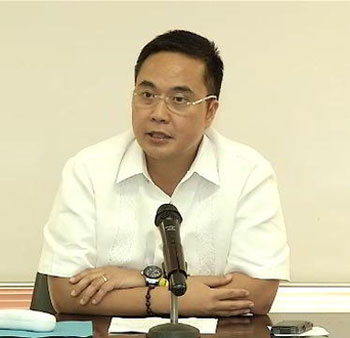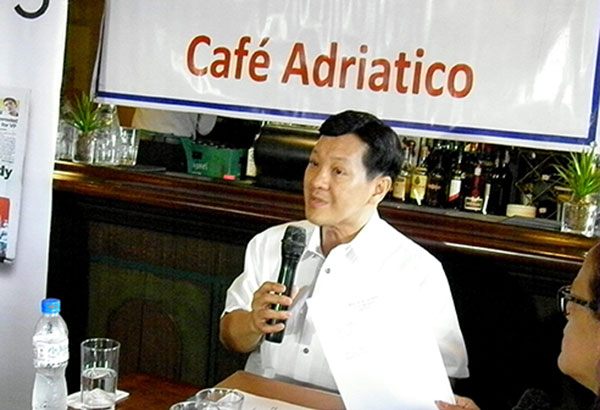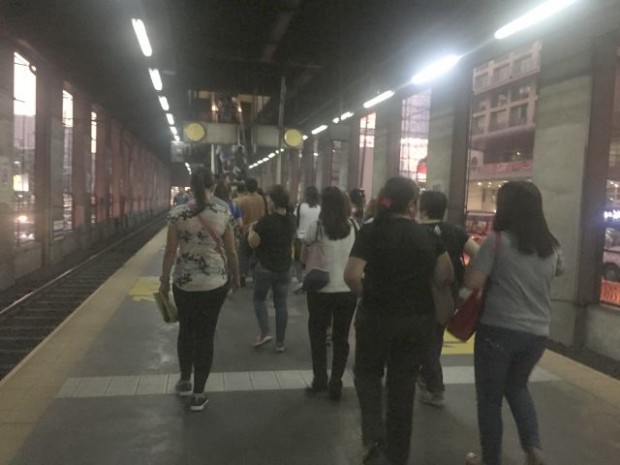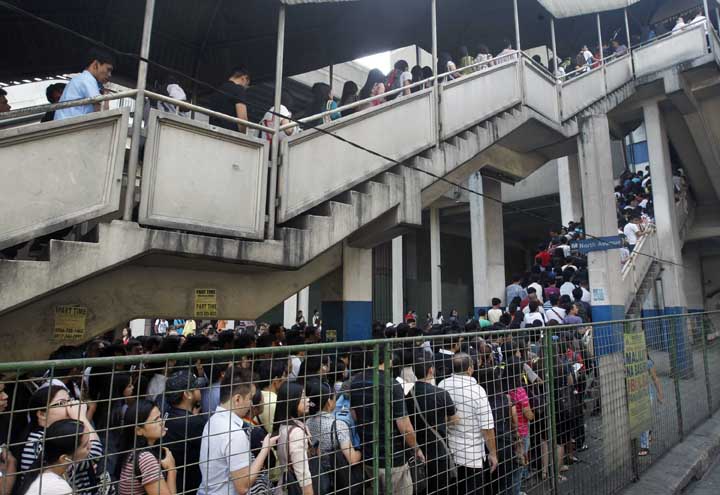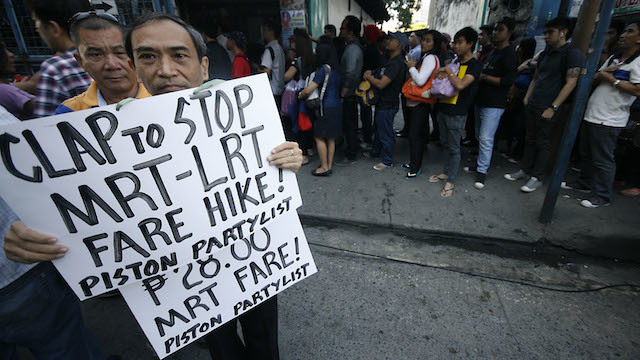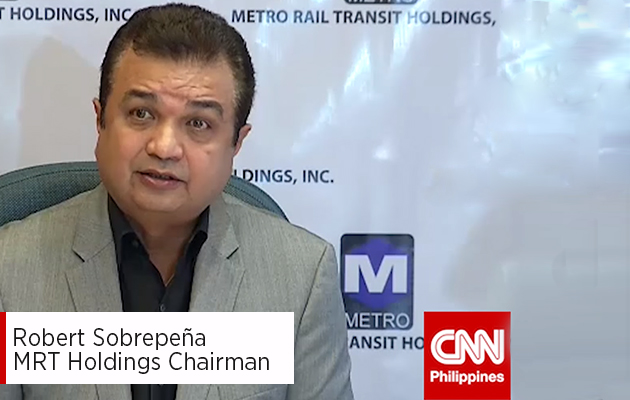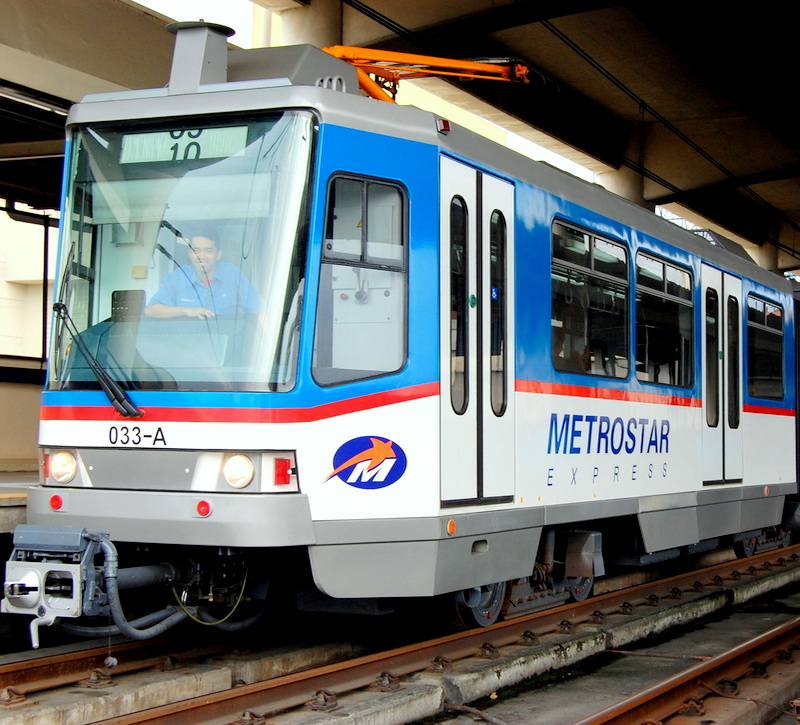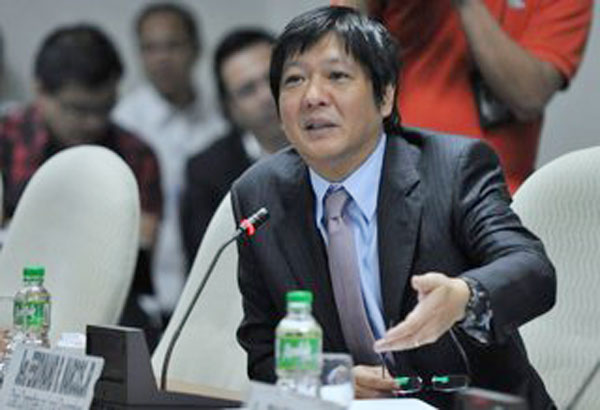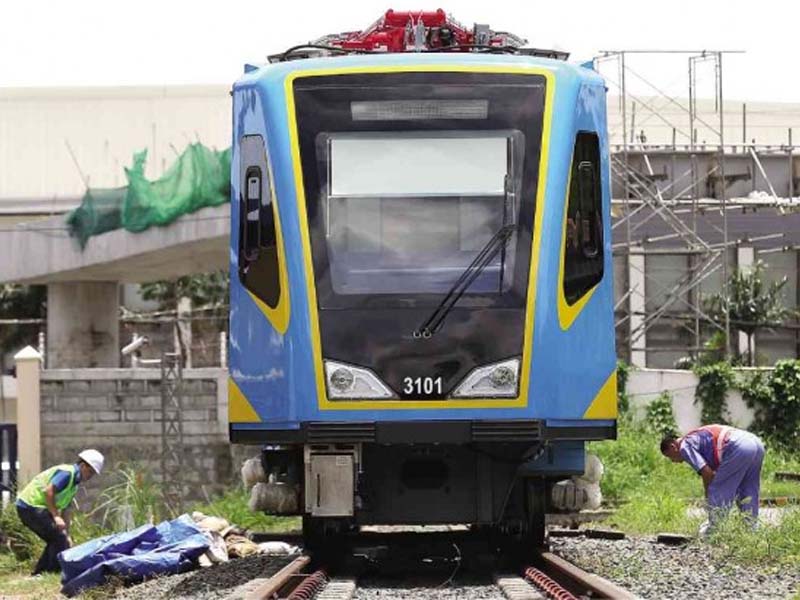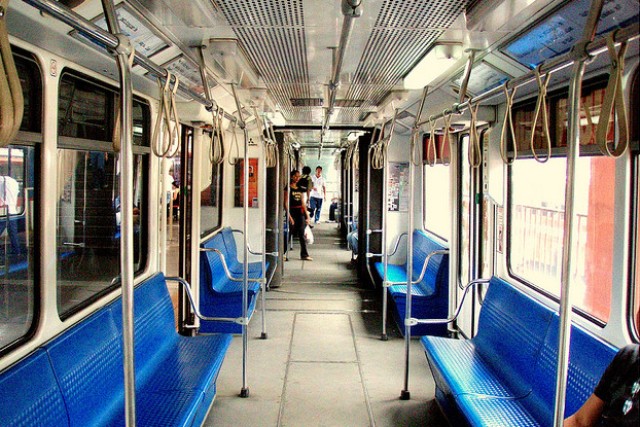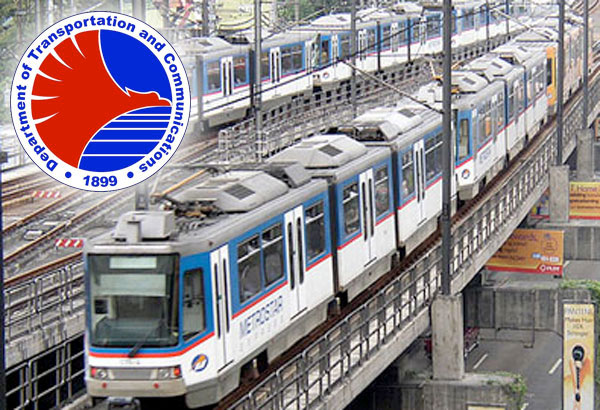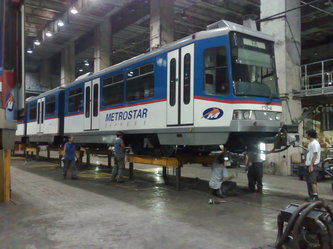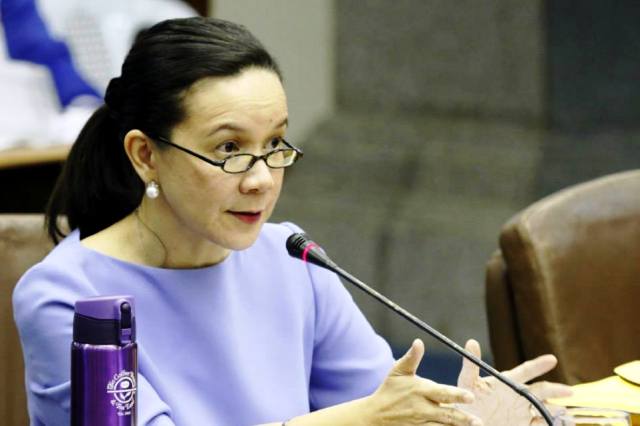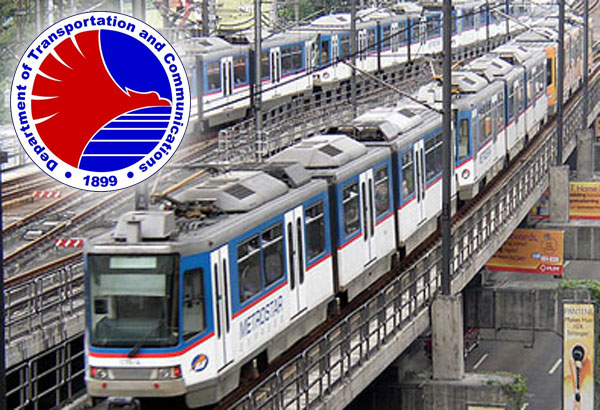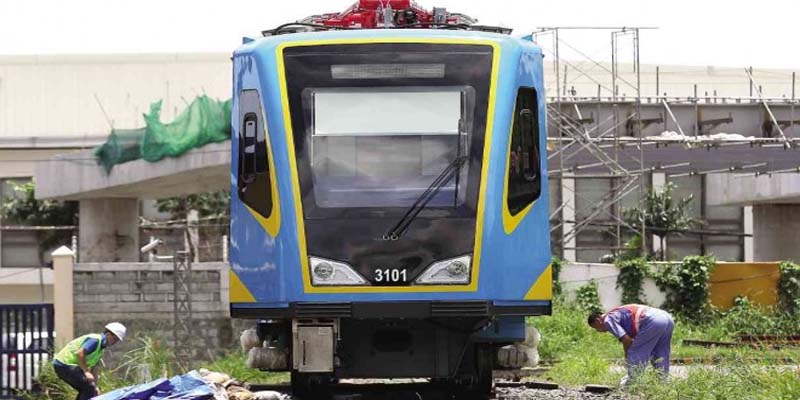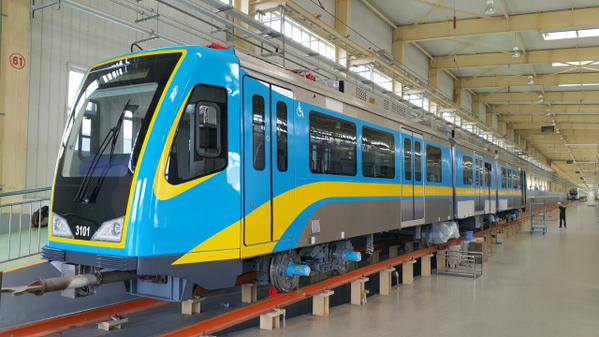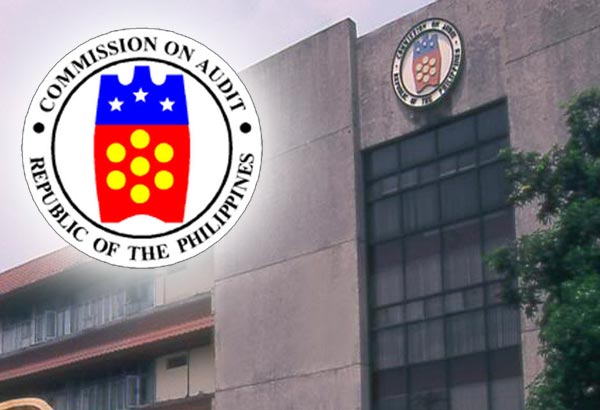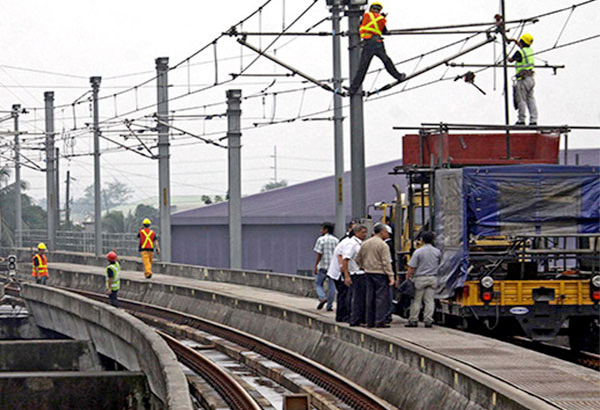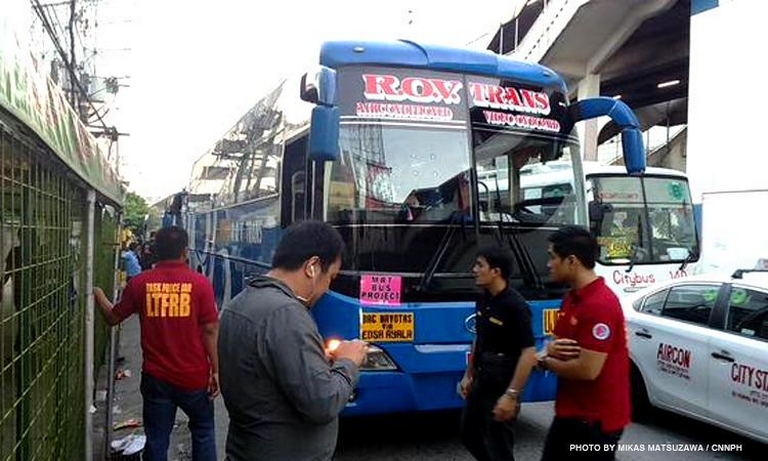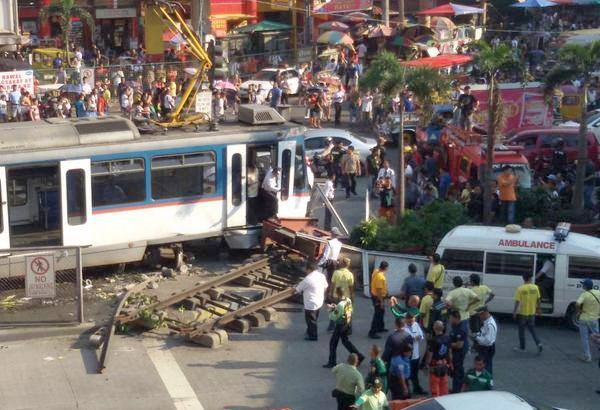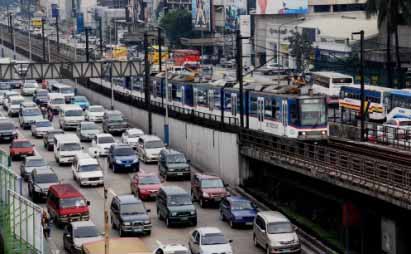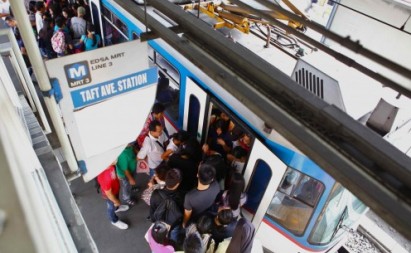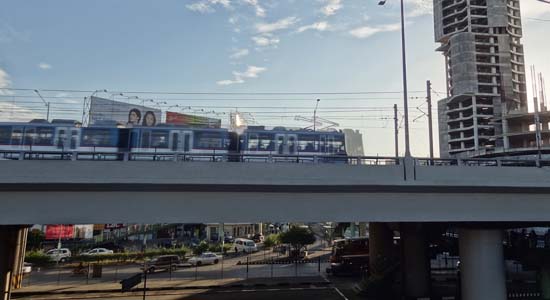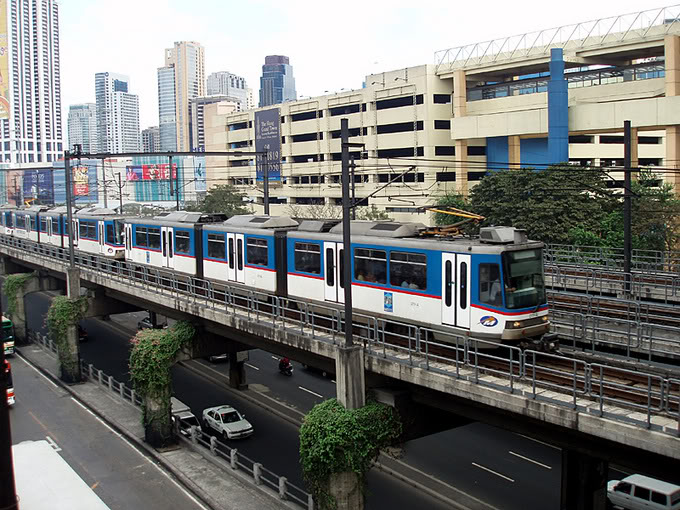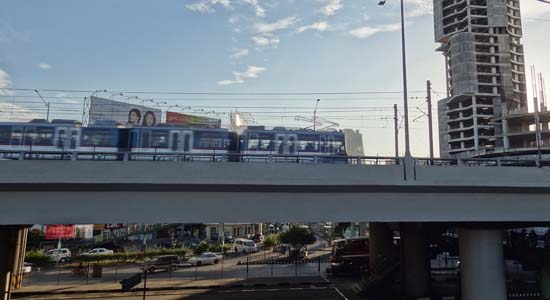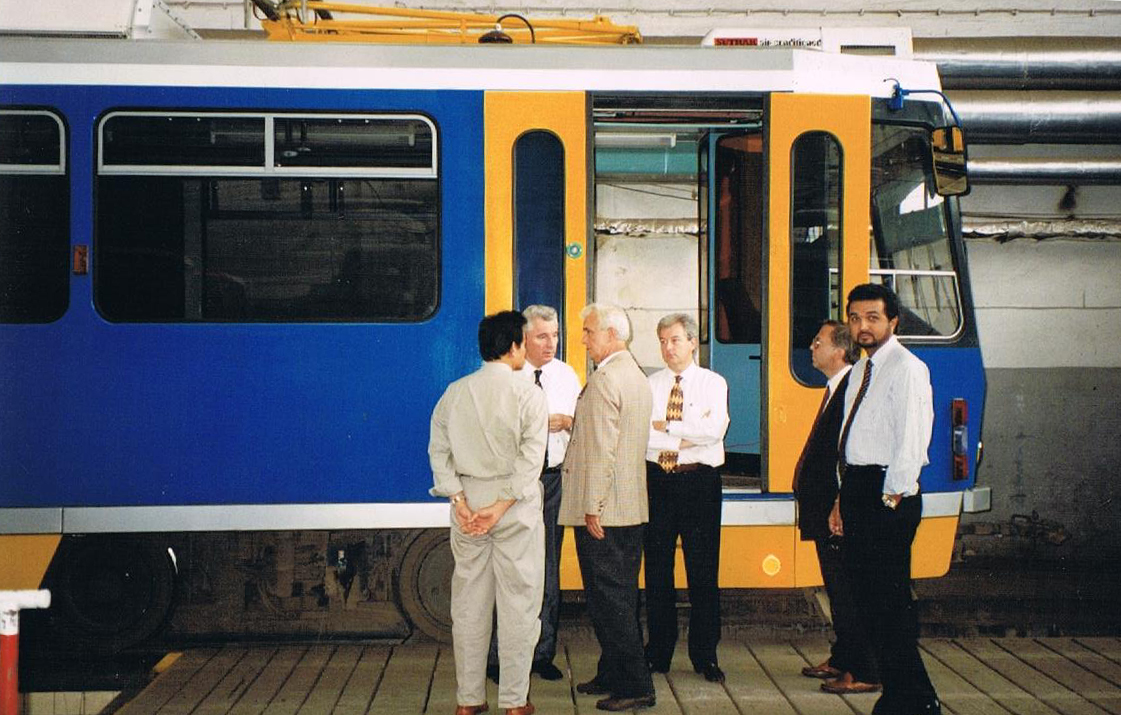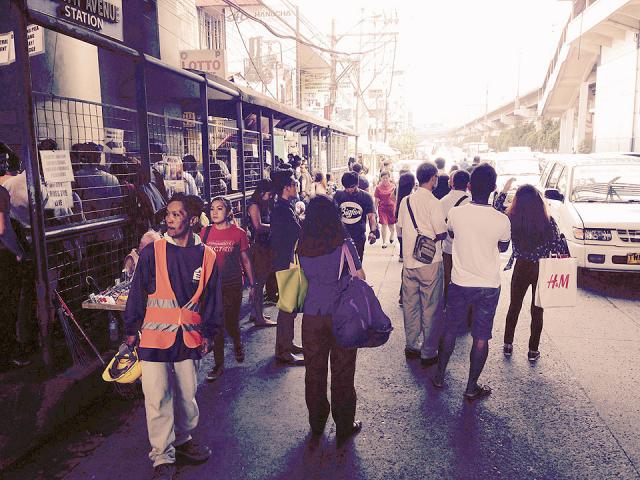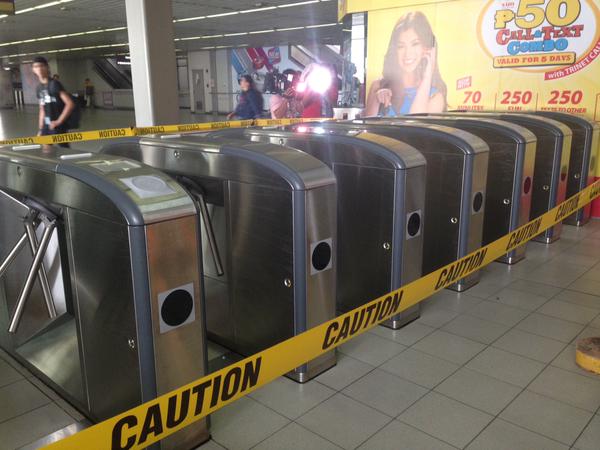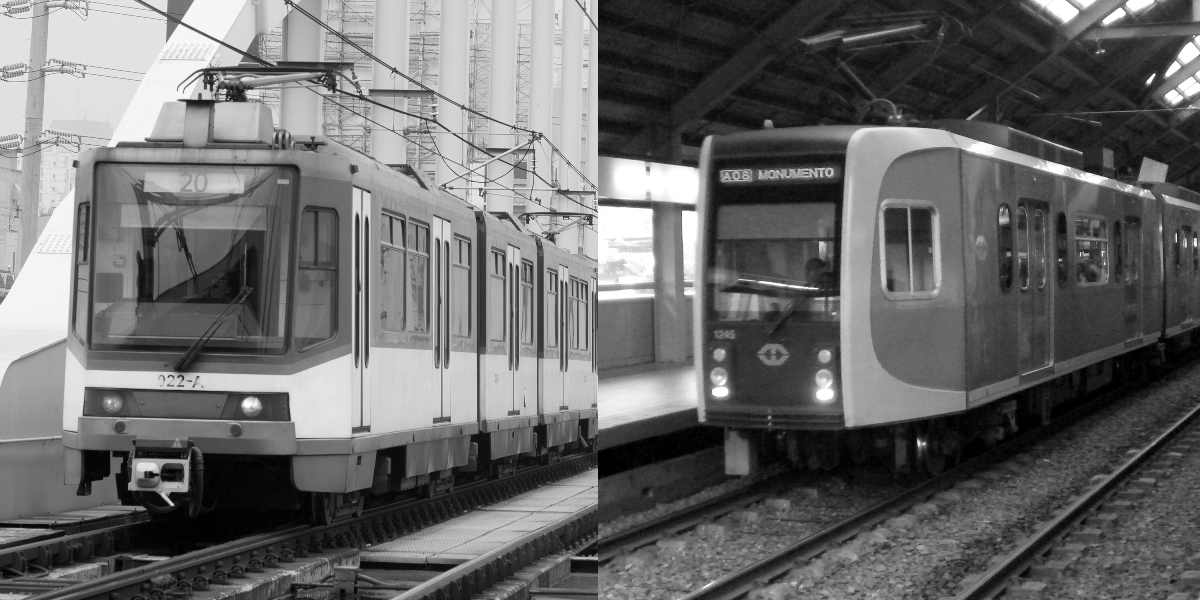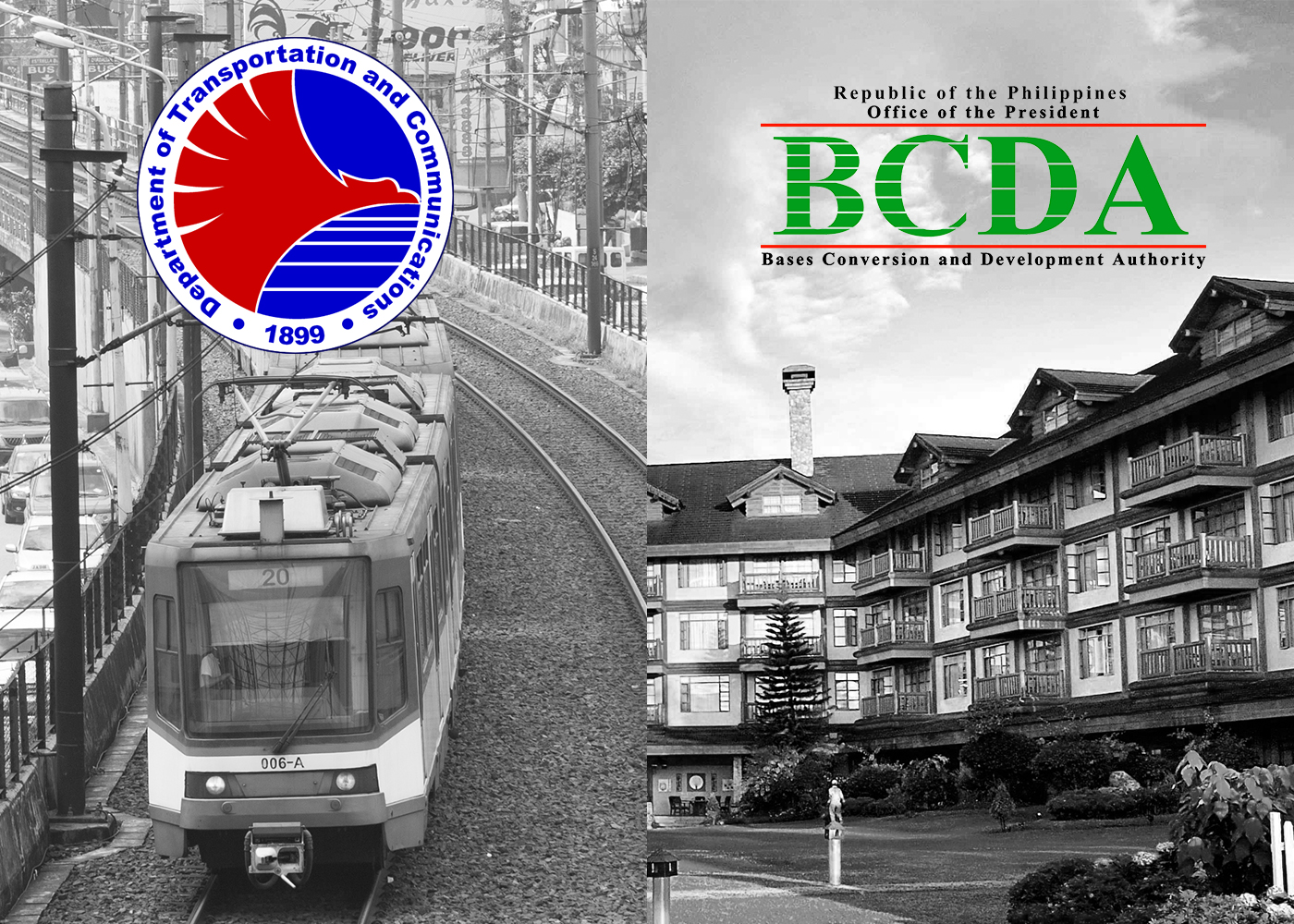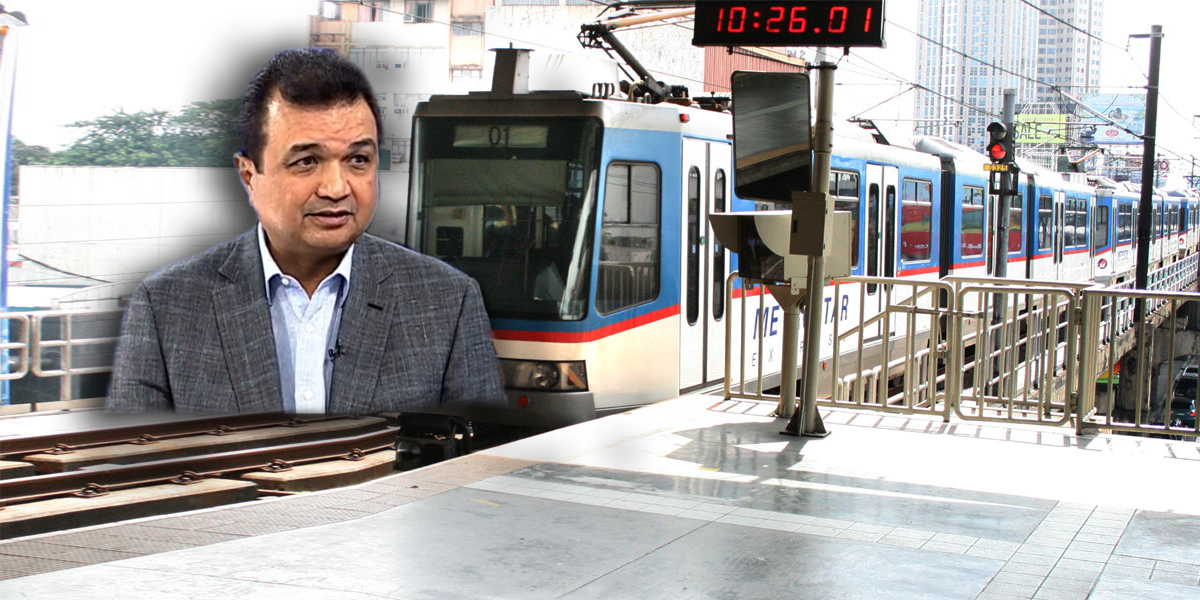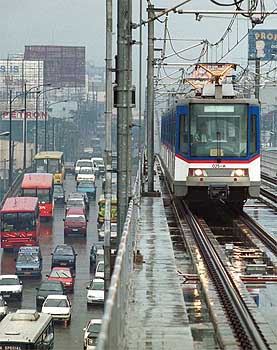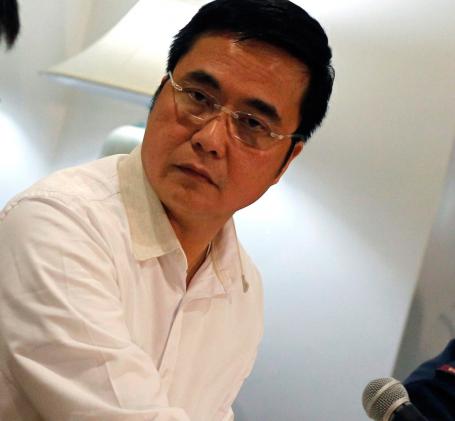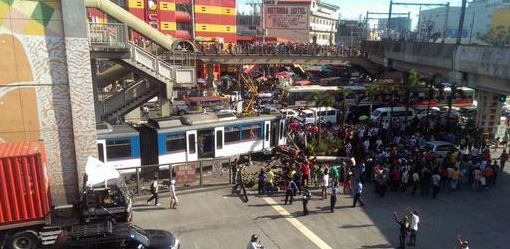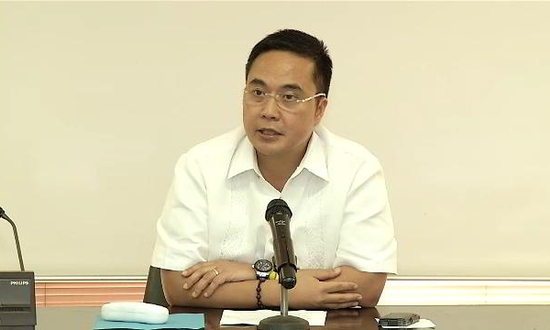By Marlen V. Ronquillo | September 27, 2014
A state-run think tank recently proposed what should have been done half a century ago. It recommended the amendment of the Philippine Cabotage Law to liberalize domestic shipping–both the cargo and passenger trade. The presence of foreign competitors will reduce the cost of moving cargo from port to port and the cut down inter-island passenger
fares, according to the think-tank.
In a maritime country such as ours, a maritime country with one of the highest freight charges in the world, relaxing the Cabotage Law would be a major lift to the national economy, enough for a one to two percent jump in the GDP. It would also help spur tourism and travel.
But if you think that such fresh policy initiative will be shepherded by our transport bureaucracy through Congress, you are dreaming. The Philippine transport bureaucracy is a fossilized one, stuck in the Big Government concept so anemic and inefficient that, as the saying goes, it can’t even do the basic task of making the trains run on time.
Good if the main problem is just confined, literally, to delayed trains, or trains that don’t run on schedule. The urban commuters who now make up the bulk of the train riders have low expectations and have a high threshold of suffering and they can live with that. But the anchor of the urban mass transport, the MRT 3, is not just about late trains and kilometric queues. It is a broken system of delayed trains, ill-maintained trains that often figure in serious accidents, trains that run into glitches almost everyday, trains with ill-equipped communication systems, trains that you board at your own risk.
If the management of the MRT 3 borders on what a senator has called “criminal neglect,” the DOTC/LRTA people managing the system are good at one thing. They have world-class skill in assigning scapegoats for their failures. If accidents occur, the blame is on the driver. If the trains break down, blame is on the “15-year-old trains.” If the queues are long, they just spout “economic progress.” But favorite punching bag is the private partner, the MRTC. The lies and obfuscations are a terrifying Orwellian-speak.
Since 2012, when it took over the operations and maintenance of the MRT 3 by kicking out efficient Sumitomo, the reckless DOTC/LRTA management of the urban train system has eerily reminded people of what Mr. Tatad described recently in his column: a syndicate posing as government. Indeed, there is ample evidence that the government has been engaged in a syndicated effort to run the MRT 3 off the track and into ruin. I will cite concrete examples.
The failure to buy new trains on time is the utter failure of government. As a senator revealed in a recent hearing on the MRT 3 mess, the first jumbo funding for the acquisition of the new coaches was lumped into the DAP and diverted elsewhere. From the government’s reckoning, the convenience and safety and comfort that the new coaches will bring to MRT commuters were less important than the shady DAP-funded programs and projects.
The government even had the option of not using government funds to buy new coaches. The MRT ‘s private partners have written repeatedly to government to state its readiness buy new coaches at no cost to the government. The private partners said that was the legal thing to do because the government cannot use its funds to buy new coaches for this would benefit of the MRT’s private partners.
Instead of allowing the private partners to buy the new coaches at no cost to the government, the DOTC/LRTA managers went to Dalian Locomotive in China to buy 45 new trains. But the deal with Dalian Locomotive has raised more questions than answers. The MRT 3 needs double-articulated trains because its system is only fit to accept double-articulated trains.
Can the MRT 3 system, which was designed for double-articulated trains, run the locomotives which would be supplied by Dalian? Another question. Why was Dalian chosen instead of the world’s best makers of double-articulated trains? There are rumors of the usual corruption, that pockets had been lined to smoothen the Dalian purchase.
You can only assume that such breathtaking disregard for the law and for the technical integrity of the MRT 3 system is the handiwork of government masquerading as a syndicate.
The detractors of Mr. Aquino, we can only assume, are ill-equipped to fight their battles. Because as Mr. Aquino was touting the supposed ideal investment climate and economic freedom in the Philippines during his overseas trip, no one thought of releasing the full documentary evidence on how the MRT 3 government managers have assaulted and violated the rights of the private partners.
Under the Build-Lease-Transfer (BLT) agreement signed in 1999, major decisions such as the choice of train suppliers and the assignment of an Operations and Maintenance contractor should have prior approval of the private partners.
But the strong-arm management style of the government apparatchiks ignored all the legal provisions of the BLT agreement to push reckless and often dangerous decisions.
The accidents and technical troubles, their occurrence was not a coincidence, became the “new normal” after Sumitomo was kicked out and the LRTA management gave the half a billion peso maintenance contract to a firm—PH Trams —incorporated by Pangasinan-based political flunkies. The current contractor, APT-Global, snagged a contract that was facilitated by a member of the PH-Trams consortium.
The private partners’ vigorous objection to the award fell on deaf ears as the safety of the 500,000 people that take the MRT 3 daily was a trivial issue compared with the lofty move of rewarding political allies of the administration.
In what was perfectly a Third World/Kafkaesque script, the DOTC/LRTA management said it is now looking at the possibility of suing the private partners.
Actually this was the “crime” committed by the private partners: they did not fight enough to protect their rights as private investors. And thereby allowing the DOTC/LRTA to run the MRT 3 off track and into near ruin.
This email address is being protected from spambots. You need JavaScript enabled to view it.
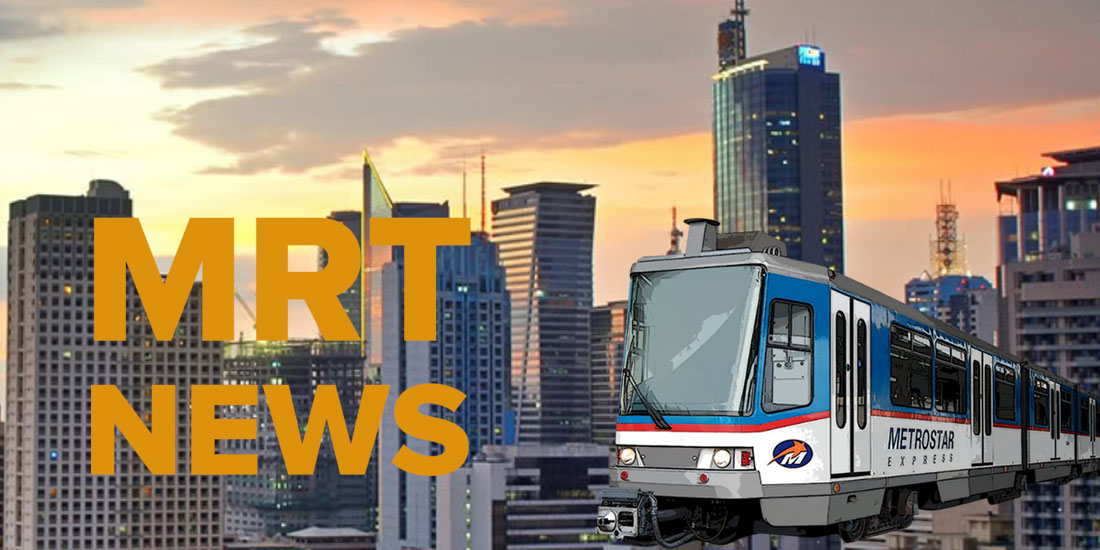
 Twitter
Twitter Facebook
Facebook